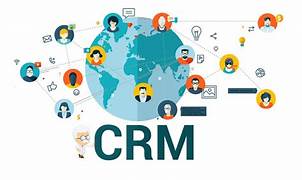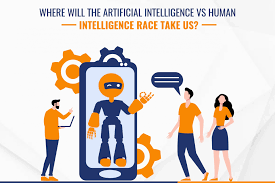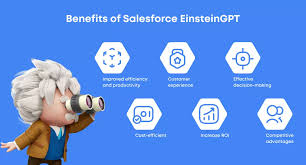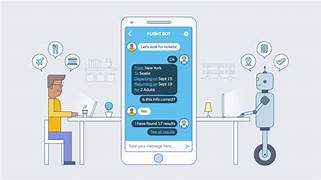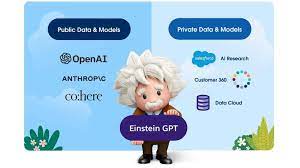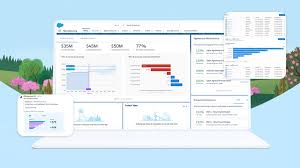What is a CRM?
Ask ten small and midsize business (SMB) owners to define a customer relationship management (CRM) system, and you’ll likely receive ten different answers. For some, a CRM supports their sales process; for others, it measures sales or stores customer histories. However, the true value of a CRM lies beyond these basic functions, according to Adam Alfano, EVP of Small Business Sales at Salesforce. “Unlocking the real enterprise value comes when the CRM becomes a front office platform that leverages one of your business’s most valuable assets—your data,” Alfano explains. An effective CRM with comprehensive capabilities helps your front office team, those interacting directly with customers, serve clients more efficiently. It also aids sales teams in automating and refining their processes. By understanding the full potential of today’s CRM solutions, you can harness data to: These elements can lead to transformative results for your business. Here’s how: Building a Solid Data Foundation Most business leaders acknowledge the importance of data, but making meaningful use of it can be challenging. According to a global AWS survey, over half (53 percent) of SMBs are unsure what insights their data could reveal. A common problem is data siloing, where information is scattered across different platforms, making it difficult to gain a comprehensive view and derive actionable insights. The most valuable CRMs integrate back-office and front-office processes, providing a unified platform. Salesforce CRM, powered by Salesforce’s Data Cloud, connects all your CRM data and integrates other data sources, eliminating silos that hinder productivity and growth. “When all your data is centralized, your employees can deliver better customer experiences with a unified view of customers and business,” Alfano says. Quick Wins with AI A 2024 survey by Inc. and Salesforce reveals that 91 percent of CEOs are optimistic about AI’s potential. However, impactful AI applications don’t need to be complex or grand. Alfano suggests starting with simple AI applications to boost efficiency. “Successful companies often create a checklist of tasks they can automate,” Alfano notes. Identify friction points and repetitive tasks that can be automated. A robust CRM will include integrated AI to handle functions such as: By automating routine tasks, salespeople can focus on more strategic activities, like engaging with customers and having value-driven conversations. Salesforce’s Sales Cloud, for instance, features AI technology that includes predictive AI for accurate forecasting and recommendations on the “next best action” to close deals and build relationships. Partnering for Success The most successful CRM implementations involve stakeholders from across the organization, along with gathering feedback from employees and customers to refine processes and explore new use cases. Choosing a technology provider that acts as a true partner is also crucial. They should offer guidance on leveraging the platform to achieve your goals. With the right CRM, SMBs can operate more efficiently, boost sales, enhance customer and employee experiences, and compete effectively with larger enterprises. “You can accomplish more with fewer resources and scale your processes without needing a larger workforce,” Alfano explains. “SMBs are already demonstrating impressive competitive and operational capabilities, largely due to these advanced tools.” Like Related Posts Salesforce OEM AppExchange Expanding its reach beyond CRM, Salesforce.com has launched a new service called AppExchange OEM Edition, aimed at non-CRM service providers. Read more The Salesforce Story In Marc Benioff’s own words How did salesforce.com grow from a start up in a rented apartment into the world’s Read more Salesforce Jigsaw Salesforce.com, a prominent figure in cloud computing, has finalized a deal to acquire Jigsaw, a wiki-style business contact database, for Read more Health Cloud Brings Healthcare Transformation Following swiftly after last week’s successful launch of Financial Services Cloud, Salesforce has announced the second installment in its series Read more

